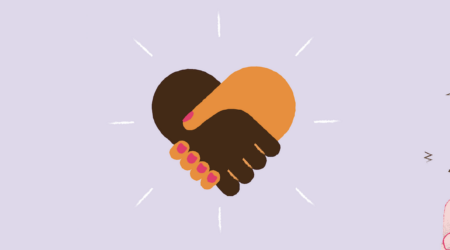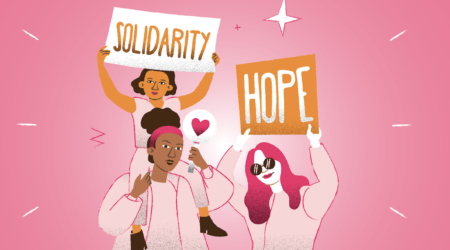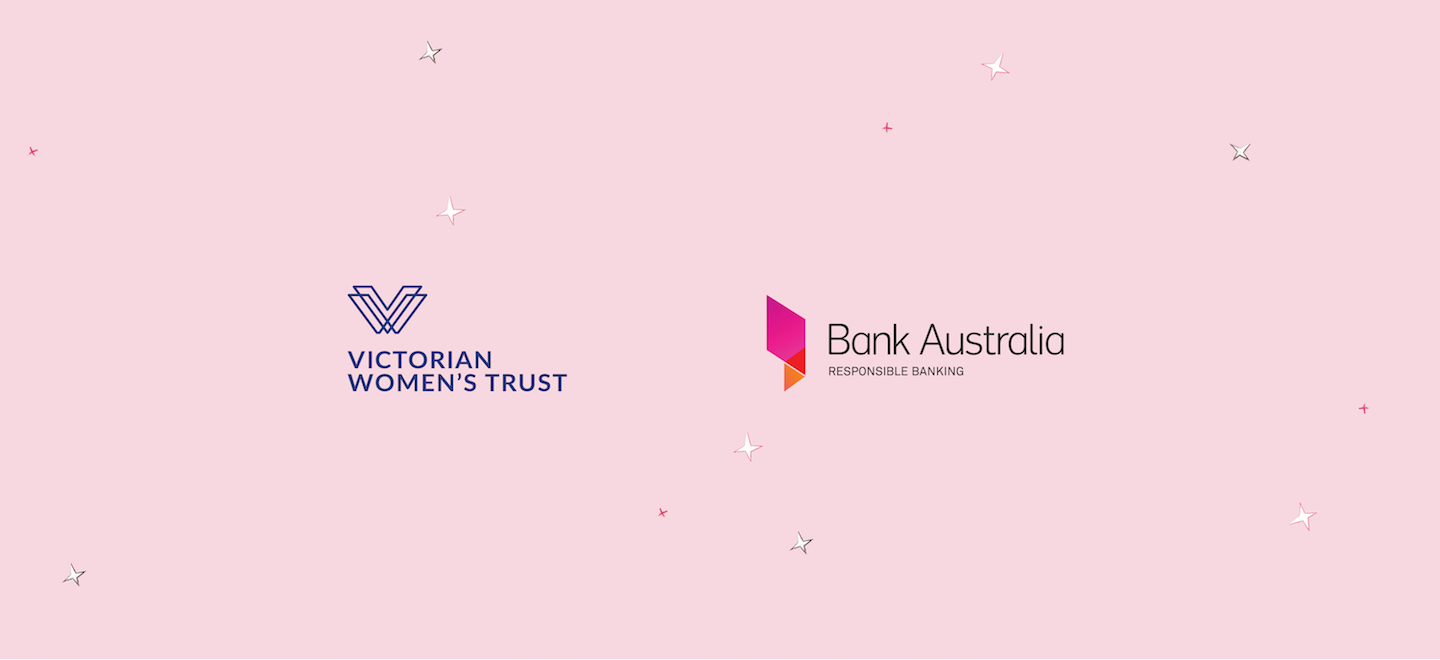Right now, there is a gender pay gap favouring men in every single industry, manager category and occupation, regardless of whether they are male or female-dominated.7
That sounds like a big challenge to solve but when people band together, we get better results. Did you know: when wages are set by an industry award standard or collective agreement, the gender pay gap actually falls (13.9% gender pay gap compared to 19.1% by individual arrangement).8
Gender segregation in the workforce
Australian workers are highly likely to be in an industry dominated by a certain gender. This is known as gender segregation in the labour market.
Industries in which women work usually pay lower wages. In 2018, women made up 79% of employees in the healthcare and social assistance sectors; and 73.2% of workers in education,9 industries well known for long standing disputes over poor wages.
Of the top 30 jobs in Australia, women greatly outnumber men as childcare workers (96% female compared to 4.9% male)10. In 2018, the average early childhood educator is paid just $21.29 an hour, despite a 6-month certification and their important role in shaping the minds of the next generation.11
Women in the childcare industry are currently paid 27.9% less than their male counterparts — compared to the gender pay gap of 20.7% for all industries.12
To ensure women are not locked out of a secure economic future, caring responsibilities need to be shared equally; and unpaid work must be recognised for the enormous contribution it makes to our society. People who work hard deserve more than a decent living; we deserve a decent life.
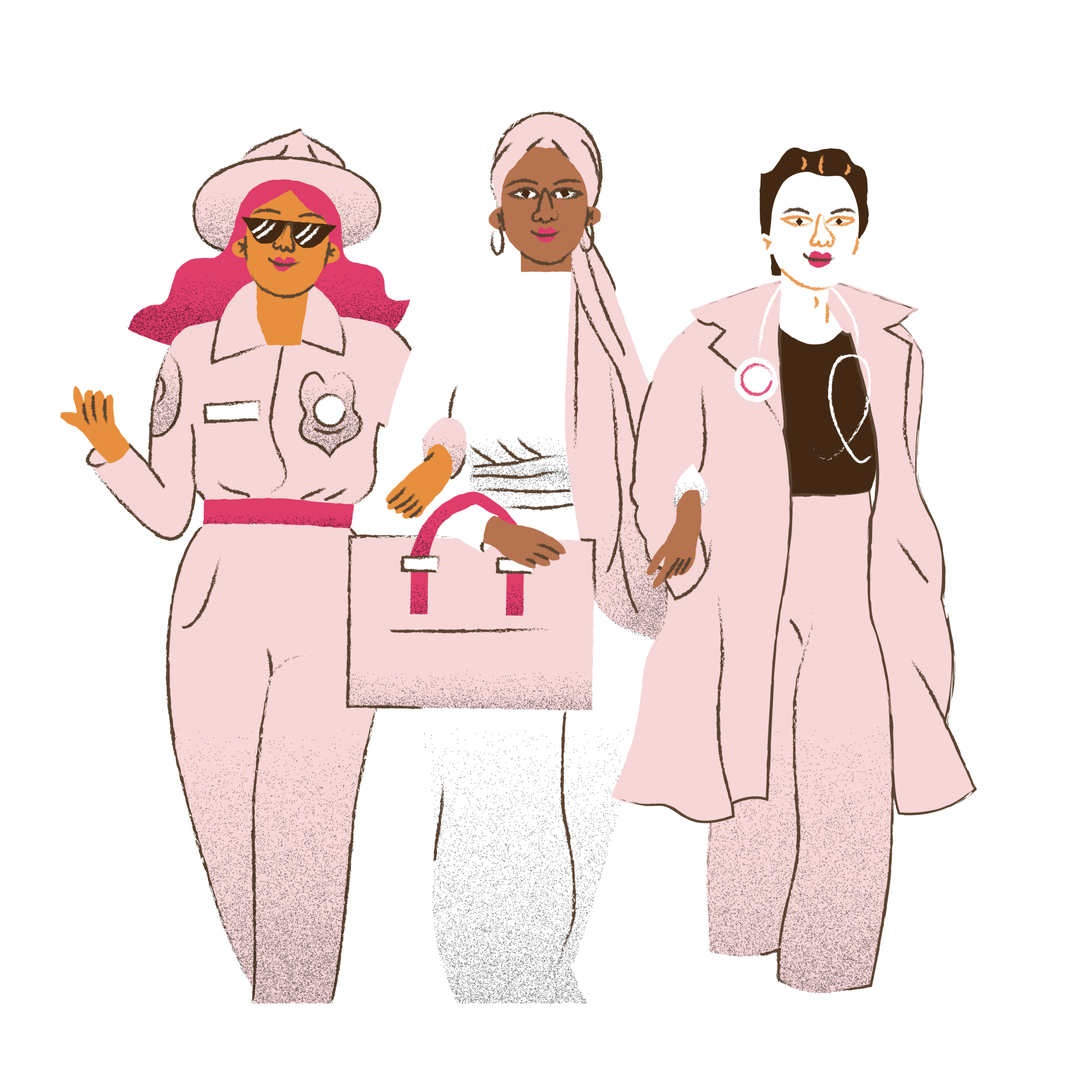
 Back yourself
Back yourself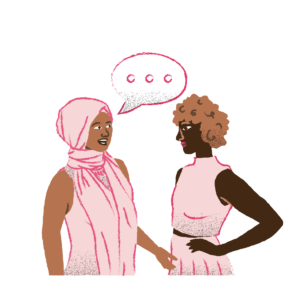 Talk openly with friends and colleagues about money
Talk openly with friends and colleagues about money Be an advocate for fair pay
Be an advocate for fair pay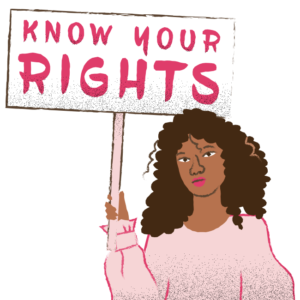 Join a union
Join a union
